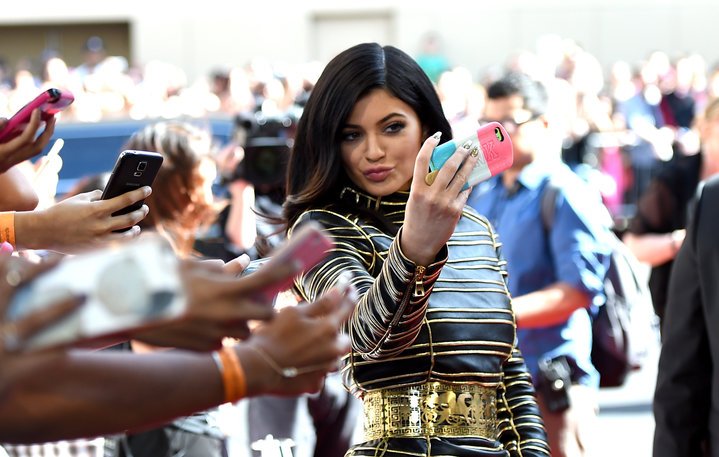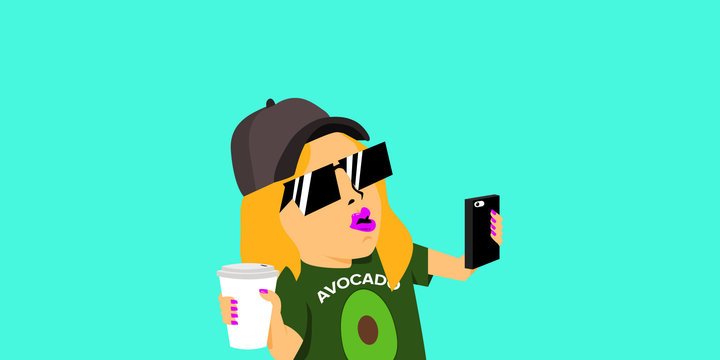It’s a combination of psychology and technology.
.

Have you at any point asked why your face looks only somewhat changed in photographs than it does reflect in the mirror?
Regardless of whether you're analyzing selfies or photographs taken by others, there's continually something somewhat off about your appearance in pictures.
The riddle hit me when I was at home multi-day overanalyzing my face in the mirror and concluding that I looked sufficient for a selfie. I most likely took around 25 photographs and I despised relatively each and every one. Out of the blue, my nose appeared to be 10 times more screwy than typical, and it was whatever I could center around. Be that as it may, despite everything I looked fine in the mirror, which left me asking why my face didn't exactly convert into my telephone.
As it happens, there are a few explanations for this.
We Expect The Mirror Image
We're most comfortable with our appearances as we see them in the mirror and in this way come to favor that perfect representation, as per the insignificant presentation hypothesis, which expresses that over and over experiencing something makes us like it more.
"Looking at yourself in the mirror becomes a firm impression. You have that recognition. Nature breeds loving. You've set up an inclination for that look of your face," Pamela Rutledge, executive of the Media Psychology Research Center, disclosed to The Atlantic in 2014.
New York-construct picture taker Michael Levy extended with respect to Rutledge's point for HuffPost, taking note of that when we look in the mirror, we tend to look at what we consider our great side ― that is, the edge that appears to be most alluring to us.
"When you're looking in the mirror, you are intuitively turning your face, for the most part, to a specific point that to you is most ideal," said Levy. "It pulls in you to yourself."
Obviously, when we see our appearances in the mirror, we're additionally taking a gander at ourselves in movement rather than totally still, as Perry brought up.
"You can choose considerably more detail in a still photograph," Perry said. In actuality, "you're moving always, you're obscured, you're not concentrating on each and every pore since you can't."
You likewise can't zoom in to your face in the mirror a similar way you can in an advanced photograph. (Amplifying mirrors are really great at putting your self-saw defects on full show, yet they're not exactly the same.)

It Can Be Technical, Too
Distinctive camera focal points can change the way individuals look at photographs. For instance, Perry said that in the event that somebody needed to look slimmer, he would pick a more extended focal point in light of the fact that "the shorter the focal point, the more extensive it will make your face."
A person’s proximity to the camera also comes into play. Features that are closest to the lens are going to be emphasized in the photo ― like noses. And when we take selfies, we’re generally closer to the camera than we would be if someone else were taking our photo.
At the end of the day, though, the way we appear in photos is the way we look to the rest of the world. And that’s not a bad thing. In fact, studies have shown that other people generally like the version of you they see, as opposed to the image of yourself you see.
So go forth and selfie.
Credit : Julia Brucculieri
Source : https://www.huffingtonpost.com/entry/selfies-vs-the-mirror-face_us_5a4faf77e4b01e1a4b14cdf9
